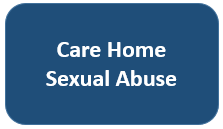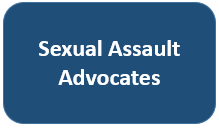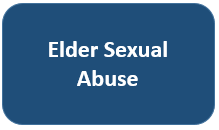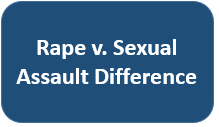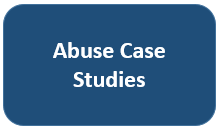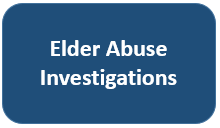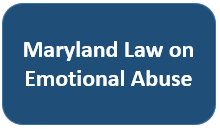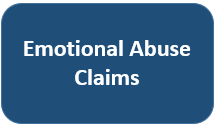Article Updated: January 8, 2022
Emotional Abuse Laws in Maryland
I’ve been practicing law in Maryland for 10+ years. I know a thing or two about Maryland law, including damages and injuries for emotional abuse, mental pain, anguish, trauma and related suffering.
Emotional abuse laws in Maryland are very nuanced. You can’t recover damages for someone yelling at you and making you sad unless your facts and damages fit into a specifically defined rubric.
Below, I outline that rubric for you, with specific citations to the case law, statutes, and jury instructions that outline and define emotional abuse laws in Maryland.
If after reading the article you still have questions, reach out and ask how I can help.
Clickable Table of Contents
Emotional Abuse Laws in Maryland
1 – Emotional Abuse Laws in Maryland Case Law
2 – Emotional Abuse Laws in Maryland Family Code § 14-302
3 – Emotional Abuse Laws in Maryland Civil Jury Instruction 10:7
4 – Maryland State Court Guidance on Emotional Abuse
5 – Emotional Abuse Laws in Maryland Q&A
Resources
6 – Emotional Abuse Claims in Maryland
7 – Supporting Literature, Citations & Research
8 – About the Author
9 – Legal Help in Maryland & Nationally
Emotional Abuse Laws in Maryland Case Law
Not all injury is physical in nature. Sometimes you can be hurt in a way that results in psychological or emotional damage and trauma that is as serious and damaging as a physical injury.
But can you bring a suit against another party in cases like this?
Emotional abuse laws in Maryland allow it, but whether and when is fact specific.
In order to bring such a claim, you must understand and navigate what an emotional injury is, what the laws are in Maryland and what the very concept of “physical injury” even means.
Negligent Infliction of Emotional Distress
The first thing you must understand is what NIED, or negligent infliction of emotional distress means.
The term refers to the intentional, or negligently brought about, emotional distress that a person undergoes because of another party’s actions.
This personal injury concept comes about when a person acts in a way that is so careless that it results in an emotional injury so grace that you can attempt to get compensated for the emotional or mental damage that you suffer.
Emotional Abuse Laws Require a Physical Injury
For this claim to be viable, you have to have some element of a physical damage according to the emotional abuse laws in Maryland because they ask for an element of physical injury that goes along with any emotional distress.
This does not mean that you have to have been touched physically.
It simply means that you had to have had some sort of physical reaction or consequence because of the emotional abuse that you suffered.
What constitutes a physical injury or reaction?
How is this interpreted through specific cases in Maryland law?
Let’s review that to provide more clarity on what NEID and physical mean for your emotional abuse case under Maryland law.
Maryland Case Law on Emotional Abuse Claims & Direct Contact
In the state of Maryland, emotional abuse laws have stated that:
“A right to recovery exists for emotional distress if it results in physical injury.“
Maryland cases further clarify that the physical injury does not have to be the result of direct physical contact
Instead, Maryland case law states that you could recover damages for NEID even if there is no direct physical injury, but only consequential physical injury.
The emotional distress can come then from actions that cause injuries even if no one ever laid a hand on you.
The key here is that physical injury does not just mean that someone touched you to hurt you.
You can be hurt even if someone did not physically touch you.
So yes, there does have to be some physical injury according to emotional abuse laws in Maryland, but it does not have to be physical injury in the traditional sense that someone physically touched you to injure you.
Balancing Emotional & Physical Distress
The courts have decided that it is too easy to just say that you have emotional distress because it can potentially be triggered by many things.
Thus, it is not enough to just say you feel bad or upset.
You have to show resultant consequential physical injury, which means that some physical manifestation comes from the abuse you suffered.
Mental distress alone is also not enough in cases emotional abuse laws in Maryland.
Again, there has to be some physical element present which I outline below.
Most Important Aspect of Emotional Abuse Laws In Maryland
The most vital thing for you to know about NEID and Maryland abuse laws is that your emotional injury has to be accompanied with some consequential physical symptom or injury.
Some examples of a consequential injury are:
◊ Depression
◊ Inability to work
◊ Inability to perform household chores
◊ Loss of appetite
◊ Loss of weight
◊ Insomnia
◊ Nightmares
◊ Extreme nervousness and irritability
◊ Withdrawal from socialization
◊ Fainting
◊ Chest pains
◊ Headaches
◊ Upset stomachs
These are just some of the symptoms that can count as a consequential physical injury that accompany the emotional distress that you can face.
I pulled the above list directly from a recent Maryland case, so these are judicially recognized signs of physical injury.
Emotional Abuse Laws in Maryland Family Code § 14-302
In the adult protective services segment of the emotional abuse laws in Maryland, there is a specific segment that addresses how reporting of abuse should take place.
This dictates how and when there needs to be attention drawn to abuse, and what information should be provided in its reporting and documentation.
Maryland Law on Reporting Abuse
When abuse takes place there is mandatory reporting required of by any who come into contact with the abuse. This includes health care providers and practitioners, social and human service employees and police officers.
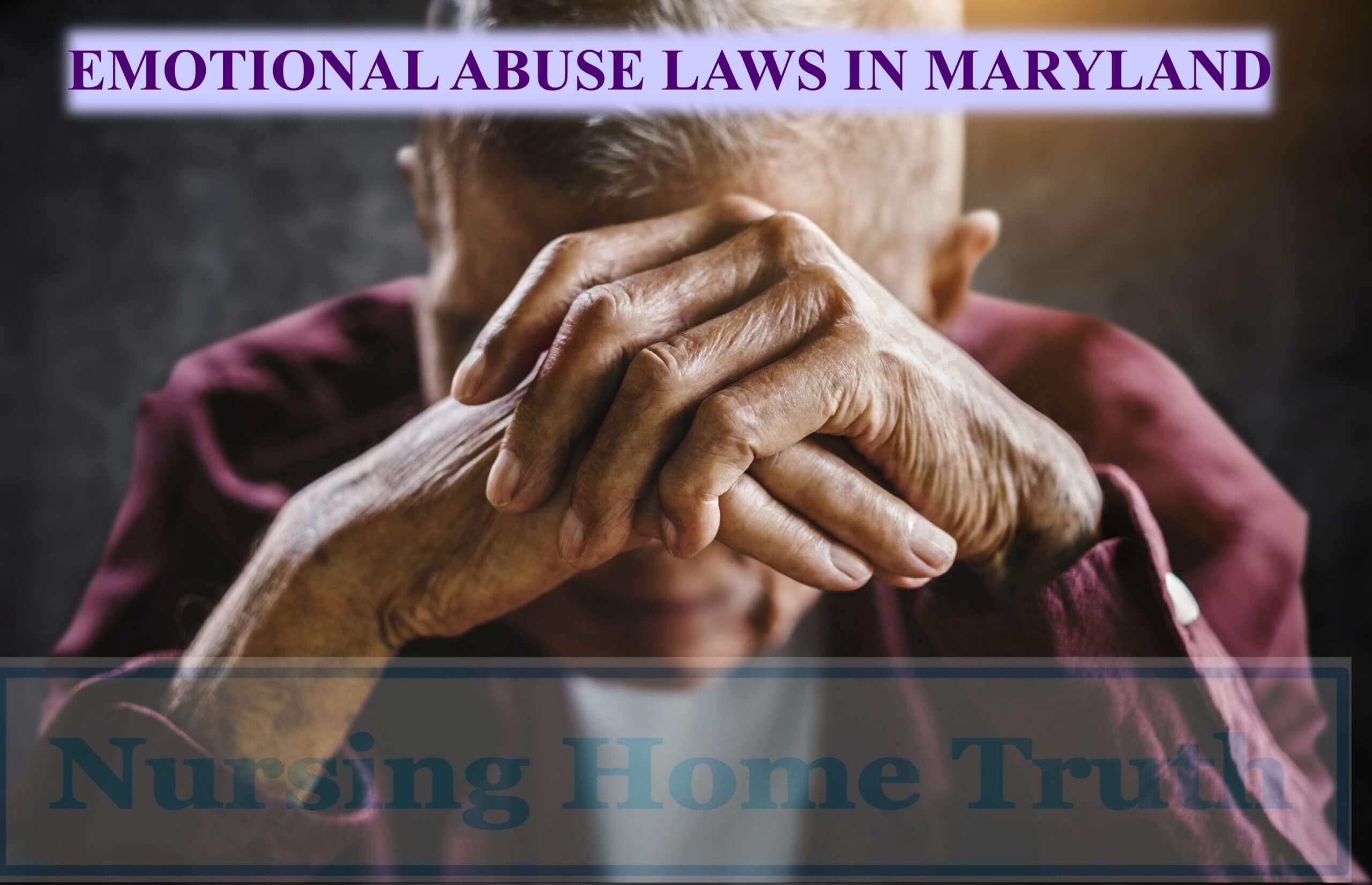
This reporting can take place by phone, by writing or though direct communications and needs to be done as soon as possible.
Even people who are not formal medical providers or police officers can and should report any perceived abuse to the adult services department and can do so orally or in writing.
Information On Abuse Report in Maryland
The things that are needed in the report notifying proper authorities of abuse are demographic data, the nature of the abuse and evidence such as:
◊ Name of the individual believed to be abuses
◊ Their age
◊ Their address
◊ Their home address
◊ Name and address of person who is responsible for taking care of the individual
◊ The location of the vulnerable individual
◊ The level of the vulnerable adult’s incapacity
This information helps to give the overview that the adult protective services need to provide adequate care and investigation into the abuse.
Detail of Abuse & Neglect
Reports also need to have the full nature and extent of the abuse or neglect detailed in any reports.
This will include evidence of all injuries, including what looks to be previous ones.
Ultimately, any and all information, physical descriptions and observations will be identified and recorded in any reports.
It is also vital to identify and name any individuals who are responsible, or believed to be responsible for any neglect, exploitation or abuse of the vulnerable adult.
This information allows for the emotional abuse laws in Maryland to kick in and help guide any NEID case you may have as this information can be used in court for a civil claim to recover compensation for the abuse.
Emotional Abuse Laws in Maryland Civil Jury Instruction 10:7
Emotional abuse laws in Maryland are meant to help ensure that vulnerable citizens are protected and victims have legal recourse when abuse or neglect takes place.
While there are specific laws in place for when clear physical injury comes from direct physical abuse, there are narrower protections for emotional damage when there is no direct physical bodily harm.
What Determines Damages?
In Maryland, emotional abuse laws take into consideration factors that a victim was subjected to at the hands of the people who caused the abuse.
This can include:
◊ Expenses incurred
◊ Pain and suffering
◊ Mental Pain
◊ Nervousness
◊ Embarrassment
◊ Insult
◊ Fear
◊ Indignity
I argue that this list from the jury instructions is not meant to be all-inclusive. It would be pages long if it listed every identifiable form of injury related to emotional abuse.
Court Info on Emotional Abuse Laws in Maryland
What is emotional abuse and what are its signs in Maryland?
The Maryland Courts have put together information to help make sense of this complicated concept for you:
Emotional Abuse Laws in Maryland Q&A
What is an NEID?
NEID stands for negligent infliction of emotional distress. It is used to refer to when an individual is treated in a manner that results in them having some form of damage from this distress. Emotional abuse is more than just feeling that you have been distressed. It manifests itself in some physical manner as well, which is what is needed in Maryland emotional abuse cases in order to recovery compensation for your abuse claim.
Does there have to by physical injury to file an emotional abuse case in Maryland?
Yes and no. There does not have to be physical injury in the traditional sense of the word. However, in the state of Maryland, there are laws that put physical injury into a different context when talking about NEID cases. This means that if there are consequential physical injuries, i..e physical injuries that came about even without direct physical touching, this can be considered an injury for the purposes of an NEID case.
Who is responsible for reporting an abuse case of a vulnerable adult.
As laid out in Maryland Family Code § 14-302, it is the responsibility of almost anyone who comes into contact with such an abused or neglected vulnerable person, to report it. This means that police officers, agents of the state who work for adult protection services, medical and healthcare providers and practitioners, are all responsible to give detailed reports of any such incidents that they see.
I do not work in the medical field and am not a police officer, can I report a case if I think there is neglect?
Yes, even if you are not a professional or linked to the vulnerable adult in question, you can also contact the adult services agency in Maryland, either by phone or in writing to report a case that you think needs attention. In fact, you are encouraged to do so as it can get the ball rolling on evidence collection and helping to protect the victim of abuse.
Emotional Abuse Claims in Maryland
If you believe you have an emotional abuse claim (either for yourself, or related to abuse to someone you know) – meaning, your facts fit into the rubric of viable claims and recoverable damages outlined in this article – you are invited to call me for help.
If you have a question about emotional abuse laws in Maryland that was not answered in this article, you are also invited to call me.
To reach me day or night, fill out the contact form below or send me an email.
Warmly,
Reza Davani, Esq.
State Bar No.: #1212110211
Federal Bar No.: #30168
Cellphone: (301) 922-4598
Email: reza@nursinghometruth.com
Abuse & Assault Legal Library
Click/Tap Icons to Access Articles

Supporting Literature, Citations & Resources:
Baroody, N. C. (1986). Tort Law-Emotional Distress Capable of Healing Itself Is an Insufficient Injury for a Claim of Intentional Infliction of Emotional Distress, and Emotional Distress That Does Not Cause Physical Injury Capable of Objective Determination Is an Insufficient Injury for a Claim of Negligence. U. Balt. L. Rev., 16, 154.
Price, W. H. (1962). Recovery For Physical Injury Resulting From Fright Without Impact-Battalla v. State. Md. L. Rev., 22, 48.
AMERICA, P. 660 INDEX TO LEGAL PERIODICALS, 1934-1937. Sol J, 80(749 S 26), 36.
2015 Maryland Code FAMILY LAW Title 14 – ADULT PROTECTIVE SERVICES Subtitle 3 – INVESTIGATION PROVISIONS § 14-302 – Reporting abuse, etc. Justia US Laws.
Palmer Ford, Inc. v. Wood, 65 Md. App. 390, 500 A.2d 1055 (1985).
Types & Signs of Abuse via Maryland Courts.
About the Author
This nursing home and medical malpractice article was written by Baltimore, Maryland nursing home attorney Reza Davani, Esquire. Mr. Davani received his Juris Doctor degree from a Tier 1 law school, the University of Maryland Francs King Carey School of Law. He received his first license to practice law from the State of Maryland’s Court of Appeals (MD State License No. 1212110211), and just four months later received a federal law license from the United States District Court for the District of Maryland (Federal License No. 30168).
Mr. Davani has been practicing law for over 10 years. He began practicing law by helping clients as a sanctioned student lawyer before receiving his law license, and second chaired his first jury trial in federal court before even graduating law school. He is a registered member of the Maryland Association for Justice (MAJ), the American Bar Association (ABA), the American Association for Justice (AAJ), and was formerly on the MAJ’s Legislative Leader’s Circle.
Mr. Davani has taken over 20 cases to trial in state and federal court, and favorably settled well over 100 cases for injured victims. He has personally helped his clients recover over $15,000,000 in personal injury, medical malpractice, and nursing home abuse settlements and verdicts in Maryland and other states. He is dedicated to fighting for justice, and welcomes the opportunity to help you.
Emotional Abuse Lawyer Near You in Maryland
I can help you anywhere in Maryland, including Allegany County, Anne Arundel County, Baltimore City, Baltimore County, Carroll County, Calvert County, Caroline County, Cecil County, Charles County, Dorchester County, Frederick County, Garrett County, Harford County, Howard County, Kent County, Montgomery County, Prince George’s County, Queen Anne’s County, Somerset County, St. Mary’s County, Talbot County, Washington County, Wicomico County, and Worcester County.
I have helped clients in over a dozen jurisdictions, including California, Delaware, District of Columbia, Georgia, Illinois, Iowa, Massachusetts, Maryland, Mississippi, New Jersey, New Mexico, New York, North Carolina, Pennsylvania, South Carolina, Washington, and Virginia.
I help injured victims nationwide in all 50 states on a case-by-case basis via Pro Hac Vice.



